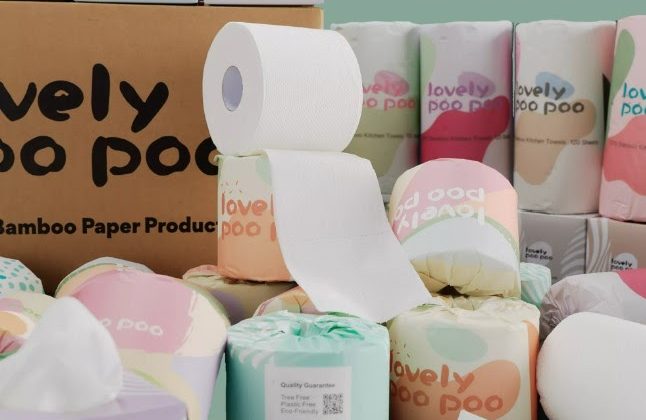
In the ongoing pursuit of eco-friendly and sustainable alternatives, organic toilet paper has emerged as a compelling option. It not only aligns with our growing environmental consciousness but also addresses health concerns. Let’s delve into the world of organic toilet paper and explore why it’s becoming increasingly popular.
The Trouble with Conventional Toilet Paper
Traditional toilet paper, despite its ubiquity, poses a series of environmental and health challenges:
1. Environmental Impact
Conventional toilet paper often relies on virgin wood pulp, leading to deforestation, habitat destruction, and ecosystem disruption. Its production consumes copious amounts of water and energy, contributing to resource depletion and climate change. Chemicals and bleaching agents employed in the manufacturing process can lead to water pollution.
2. Health Concerns
Many conventional toilet papers contain fragrances, dyes, and other chemicals that may cause skin irritation and allergic reactions, particularly for those with sensitive skin. The use of such products can have unintended health consequences.
The Rise of Organic Toilet Paper
Organic toilet paper offers a sustainable and healthier alternative to conventional options. Here’s why it’s gaining momentum:
1. Sustainable Sourcing
Organic toilet paper is typically crafted from responsibly sourced materials, such as organic cotton or bamboo. These materials are renewable, require less water, and grow without the need for harmful pesticides or chemicals.
2. Chemical-Free Production
Manufacturers of organic toilet paper prioritize the use of natural and organic materials, minimizing the use of chemicals and bleaching agents. This makes organic options gentler on the skin and reduces the risk of allergic reactions.
3. Biodegradable and Safe
Organic toilet paper is often biodegradable, meaning it breaks down naturally and doesn’t contribute to landfill waste. This makes it a safer and more sustainable choice for the environment.
4. Ethical Practices
Many organic toilet paper brands are committed to ethical production and fair labor practices, ensuring that workers are treated fairly and compensated appropriately.
Making the Switch to Organic Toilet Paper
Transitioning to organic toilet paper is a simple yet meaningful step toward a greener and healthier lifestyle. Here are some practical tips for making the switch:
- Read Labels: Look for toilet paper products labeled as organic or made from sustainable, natural materials.
- Support Eco-Conscious Brands: Seek out brands that are known for their commitment to eco-friendly and ethical practices.
- Consider Packaging: Pay attention to the packaging; many organic toilet paper brands use minimal or eco-friendly packaging materials.
- Share the Knowledge: Encourage friends and family to join you in adopting organic toilet paper as part of a broader sustainable lifestyle.
Conclusion
In an era where environmental sustainability and personal well-being are of paramount importance, organic toilet paper stands out as a responsible and health-conscious choice. By opting for organic alternatives, we can reduce our environmental impact, minimize exposure to harmful chemicals, and support ethical production practices. Making the switch to organic toilet paper is a small yet significant step toward a brighter, healthier, and more sustainable future for all.

Leave a Reply